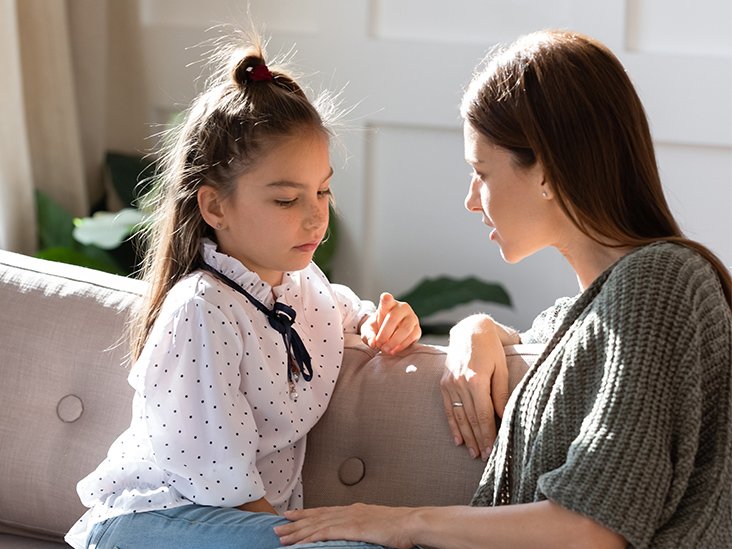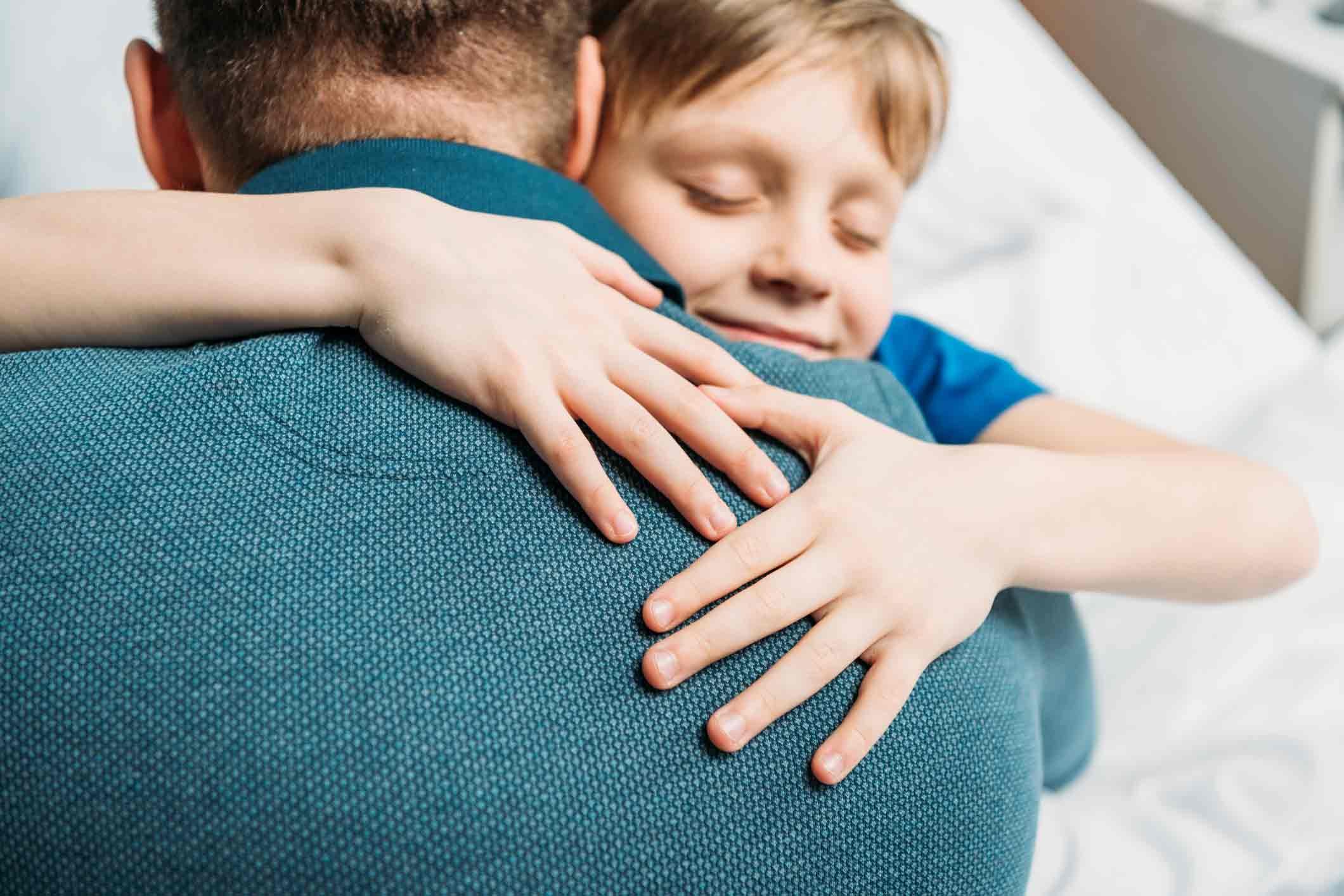Attachment Trauma: Origins and Repair
As children, we are born with a specific set of instincts, needs, and wishes that are inherent to us as unique individuals. Our emerging interests and needs are shaped by the interactions we have with our caregivers (i.e., parents and other important people in our lives who teach us how to navigate the world). Our caregivers may impose demands or expectations on us, or treat us in ways that differ from our wired-in needs and wishes. This difference between what we need and what we get creates conflict in our minds and stirs up strong feelings within us. As we grow up and get exposed to alternative models of living and relating to ourselves and others, questions surface:
Do we follow our own instincts and desires or the beliefs and rules of our caregivers?
Even more important, but rarely thought about, should we have been treated the way we were treated in childhood?
Should we have received more love, attention, care, and acceptance than we actually did?
And, how does the way others treated us when we were small affect us - and our interactions with loved ones - in adulthood?
Dr. Alan Sroufe is an expert on early attachment relationships and how they shape psychological development and identity.
"If you think of development as a series of pathways, the longer you follow a pathway that's leading off, the more difficult it is to come back."
- Alan Sroufe, Ph.D.
How your past shapes your present relationships:
We encode how we were treated as children and how we expect to be treated by others in the "attachment system" in our minds. It operates outside of our conscious awareness, it contains all of our expectations that pertain to relationships, and it unconsciously shapes our behavior. In other words, our attachment system becomes the internal model that we automatically use to determine how we treat ourselves and others, and how we expect to be treated. This previously installed (often unconscious) set of rules becomes the basis for how we automatically treat others…even if we prefer to act differently. This is one of the reasons why you might treat your children or your partner the way your parents treated you (or each other) even if you swore you never would.
Certain life events shake up these internal psychological attachment systems (causing rising feelings or anxiety that we feel even though we are unsure of the cause). These mobilizing life events include dating or joining a group or a company, marriage, and relationship conflict or divorce. Attachment systems also get activated, and waves of emotion also get stirred up under many other circumstances including when:
You recognize that you (or your spouse) are providing your children a quality of care you never received which can unearth buried anger and grief about the care, nurturance, and guidance you missed out on as a child
Current situations or people trigger painful memories related to emotional experiences from your past
Loss occurs (of a job, partner, parent, spouse, pet, reputation…or of a dream ), and the current loss causes powerful mixed and buried feelings (including grief and anger) about past losses to get unearthed and to interfere with your peace of mind.
All of these events have the capacity to be powerful triggers for unresolved attachment trauma (e.g., unresolved stored-up feelings about not receiving what you needed and wanted as a child, such as affection, understanding, encouragement, and acceptance, or about being neglected or abandoned by a caregiver). These unresolved feelings from the past often create disruptive, unpleasant, and unwanted psychological symptoms in the present (e.g., anxiety, depressed mood, irritability, panic, suicidal thoughts) that prevent us from keeping past emotion separate from our present circumstances. As a result, our reaction to current losses, disappointments or problems becomes stronger than expected and out of proportion to the current situation. Then, our reactions in the present becomes “larger than life” or exaggerated because those feelings about the past have not been properly or fully processed.
For example, many people become symptomatic upon entering into, or ending, an emotionally intimate relationship or upon having or raising children because these experiences wake up buried feeling about past broken attachments. For both men and women, the resulting distress is often ignored until it becomes all-consuming. Usually, because the focus is on the present, the actual cause of—or trigger for—the distress is misdiagnosed or mislabeled which creates and perpetuates unnecessary suffering for long periods of time.
When an intimate relationship begins, deepens, or when a current trauma or emotionally provocative change occurs (like childbirth, death, a break-up, or divorce), the buried emotions associated with past disappointments are unearthed and begin to leak into consciousness. At that point, any of a number of symptoms can develop in response to those rising feelings, e.g., anxiety, depression, “resentment of responsibility” and acting out, emotional or physical distancing, “commitment-phobia”, workaholism, addictive behaviors such as eating disorders, alcoholism, marijuana or opiod abuse, gambling, compulsive sex, extramarital affairs, tearful or angry outbursts, psycho-physiological disorders, etc.. These symptoms usually lead to even more anxiety and distress and can create or worsen emotional, professional, performance or relationship problems.
We are destined to repeat what we do not see, do not understand, have not healed, or are not motivated to change.
Attachment and psychotherapy research confirms that relationships in the present have the potential to activate buried feelings from the past, raise anxiety, and cause us to act in ways that are nonproductive, stifling, uncontrollable or destructive.
Effective structured psychotherapy provides a unique opportunity for you to resolve (in the present) hidden or buried feelings related to unresolved problems of the past.
Effective psychotherapy provides you an opportunity to stop: perpetuating your own distress, sabotaging or destroying relationships you value, or (perhaps worst of all) creating an intergenerational transmission of trauma (i.e., trauma passed down from one generation to the next – from parents to their children) and harming your children.
Through effective psychotherapy, change can occur in our minds and brains so we can respond more flexibly to people in different situations. Effective psychotherapy provides us an opportunity to change how we treat ourselves and others and to learn how to productively deal with feelings. With the help of a qualified expert, effective psychotherapy can result in a remodeled "attachment system" creating positive changes in mood, behavior and life satisfaction as well as vastly improved relationships.
Dr. Robin Kay
(424) 262 - 6461






